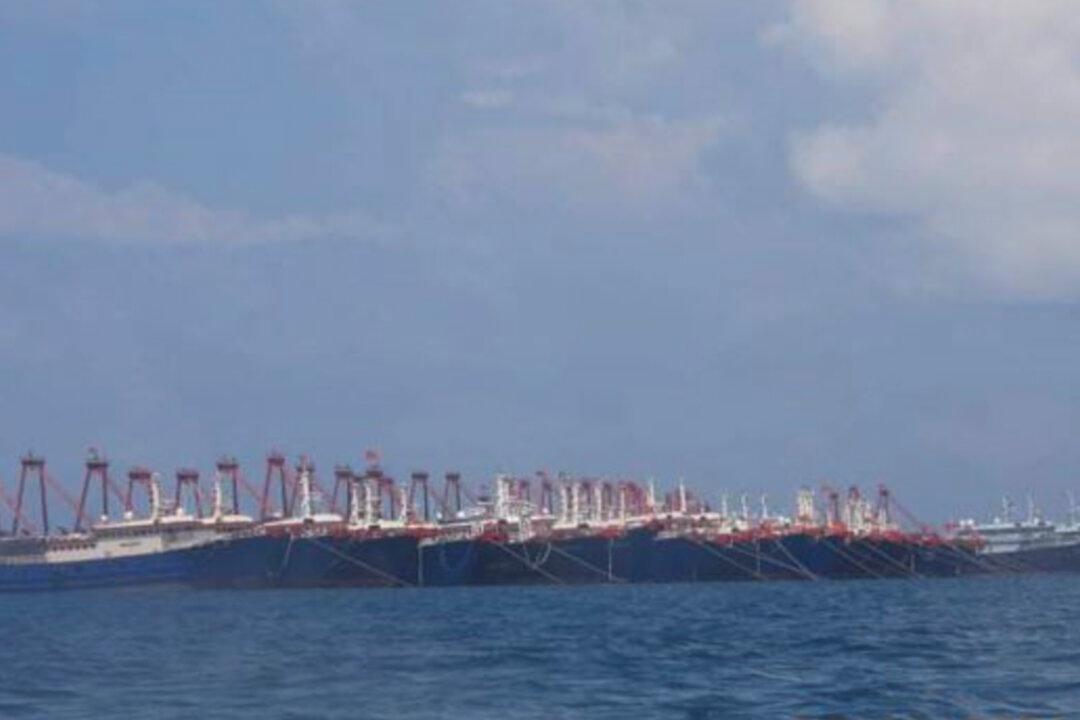The Philippine government has issued a diplomatic protest against the frequent disruptive actions of Chinese vessels challenging its ships patrolling the South China Sea.
The Filipino Department of Foreign Affairs (DFA) said that the protest was against the “unlawful issuance of over 200 radio challenges, sounding of sirens, and blowing of horns by Chinese government vessels.”





